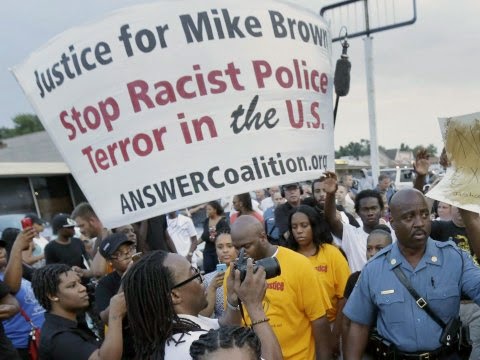White’s Racial Attitudes Matter!
I often hear Black people say, “I don’t care how White people feel about me as long as they can’t discriminate against me.” This attitude suggests that the way to combat racial discrimination is not to confront White people about their racism; rather, the solution is to pass and vigorously enforce anti-discrimination laws. I think these people are wrong. White's racial attitudes, not those held by people of color, play the dominant role in shaping public policy in American society. During the 1960s, Congress passed and President Lyndon B. Johnson signed into law some of the strongest anti-discrimination laws in the history of the country: the Civil Rights Act of 1964; Voting Rights Act of 1965; and the Fair Housing Act of 1968. Nearly 50 years later, with the support of many White Americans who believe that racial discrimination against people of color is a thing of the past and that White people are now the real victims of discrimination , many of these basic rights a

